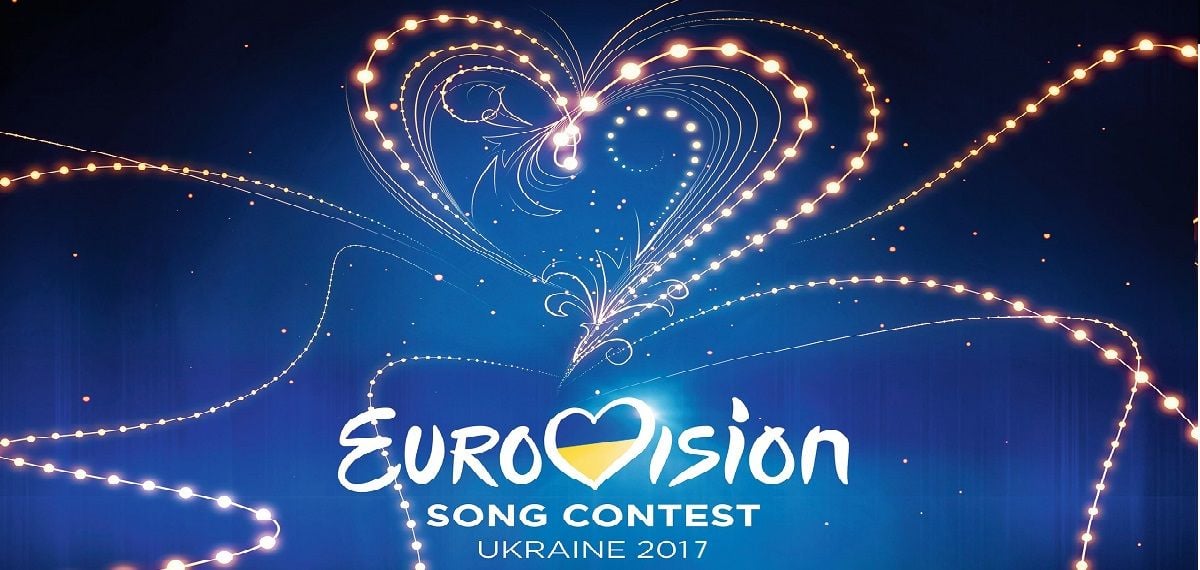
Ukraine won the right to stage the 62nd Eurovision contest in 2017 after its entry, a Crimean Tatar singer called Jamala, won this year's competition with a song about the war-time deportations of Tatars under Joseph Stalin, as reported by Reuters.
Jamala's victory raised hackles in Moscow, which complained that the competition had been hijacked by politics. Some Russians said Russia should boycott the next event.
Relations between Ukraine and Russia plunged after Russia's annexation of Crimea in 2014 and the outbreak of a pro-Russian separatist insurgency in the Donbass region of eastern Ukraine.
Culture Minister Yevhen Nyshchuk said singers blacklisted by the Ukrainian state security service for championing the separatist cause would be barred if Russia chose them.
Read alsoKyiv to host Eurovision-2017"In Russia there are in fact many decent artists who understand that peace is the most important thing, that one shouldn't speak a language of aggression, humiliate any nation, particularly neighboring ones, that one should speak only a professional language of songs and music," he said.
Speaking about the blacklisted artists, he said: "Russia is able to find out about these people and if they knowingly push these people to win (in local contests) – this would obviously be a provocation."
Nyshchuk said Kyiv had been chosen over other Ukrainian cities, including the southern Black Sea port city of Odesa, because of its superior infrastructure and financial resources.
"I believe that there are normal people in Russia too. (But if a blacklisted artist is chosen), he must be kicked out and not allowed to come here," Kyiv resident Andriy Natalenko said.
Ukraine expects around 12,000-14,000 spectators to attend next May's event. Kyiv also hosted the competition in 2005.

